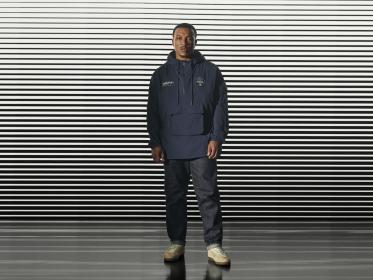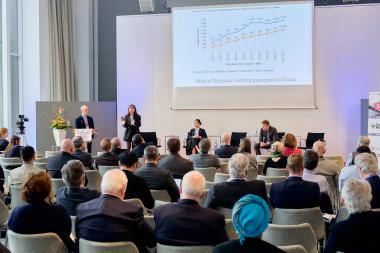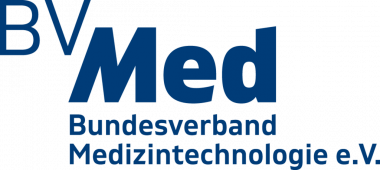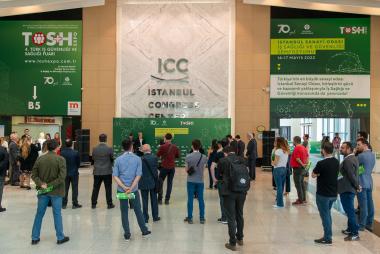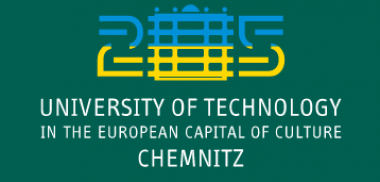Archroma, G-Star RAW and Advance Denim promote cleaner denim production
With the aim to help the denim industry reduce the environmental impact of its wastewater and move towards circularity, Archroma, G-Star RAW and Advance Denim have renewed their joint commitment to the production of aniline-free denim apparel based on Archroma’s DENISOL® PURE INDIGO 30.
Their joint aim is to produce high-quality denim in authentic blue shades without the aniline impurity carried through from the synthesis of standard synthetic indigo. In traditional denim production, this aniline remains bound with the indigo pigment on the fabric; the remaining aniline is discharged during the dyeing and washing process. This can be a problem because aniline is toxic to aquatic life and two-thirds of aniline waste currently ends up in wastewater discharge where it could potentially pollute waterways and the ocean.
Archroma developed DENISOL® PURE INDIGO 30 to answer this key challenge. A 30% pre-reduced indigo solution, DENISOL® PURE INDIGO 30 makes it possible to produce indigo-dyed denim without aniline impurities throughout the process.
Easy to use with automated dosing, DENISOL® PURE INDIGO 30 reduces the water needed for preparation, washing and wastewater treatment compared to indigo grains. It also reduces hazardous chemical consumption while allowing high reproducibility and creating the authentic and iconic deep indigo shades traditionally associated with denim.
G-Star RAW is working towards making 20% of its entire collection from Cradle to Cradle Certified® fabrics by 2025. Its partnership with Archroma and Advance Denim contributes to this goal, since the aniline-free DENISOL® holds a Gold Level Material Health Certificate from the Cradle to Cradle Products Innovation Institute. DENISOL® PURE INDIGO 30 is also compliant with other eco-standards and the requirements of leading retailers and brands.
Advance Denim, G-Star RAW and Archroma have previously collaborated to launch collections based on Archroma’s EarthColors® technology, which upcycles plant waste from the herbal industry to create sustainable colorways.
Archroma







